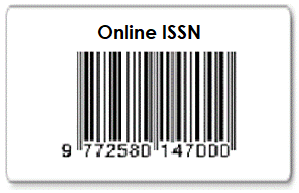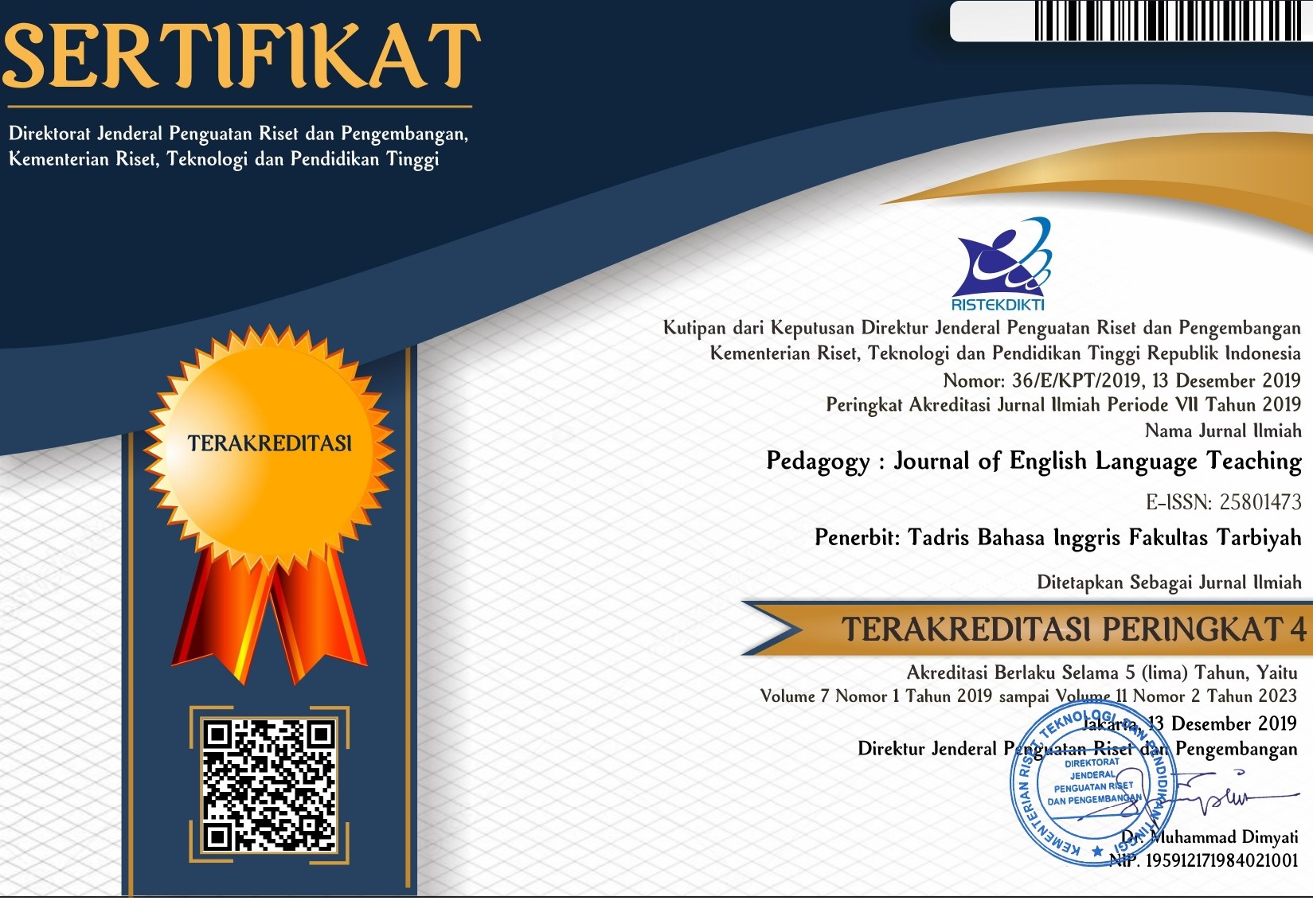English Digital Literacy Practices Inside and Outside Class to Develop Students’ Speaking Skills
DOI:
https://doi.org/10.32332/joelt.v10i1.3790Keywords:
digital literacy, digital practices, learning strategies, speaking skillsAbstract
The development of technology has initiated new teaching systems. In teaching speaking, there are issues about whether the students should learn in the class or outside of the class using technology. This article describes the practice of students' digital English literacy practice at SMAN Kapuas to study this digital practice's pedagogical potential when students interact directly or through social networks such as live streaming on YouTube or Instagram, video calls, or chatting with friends. A mixed-method study using questionnaires and interviews analyzed deeper and richer data. The results show that many sentences were still wrong when spoken in class. However, they can understand speaking lessons based on digital literacy, which they play or watch outside of the class. This implied that students should be instructed in alternative speaking methods. They may enhance their speaking abilities more purposefully, carefully, and often by using suitable language acquisition tools outside of the class.
















